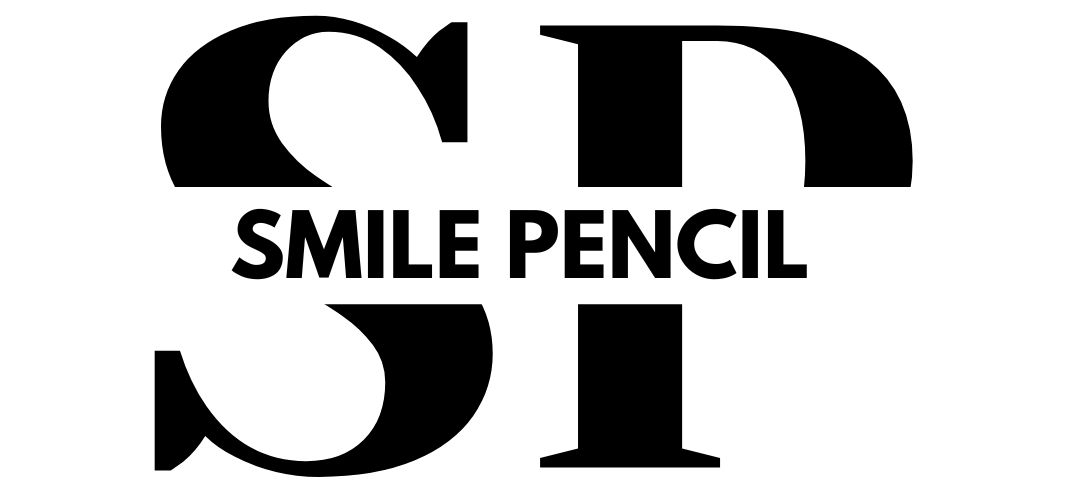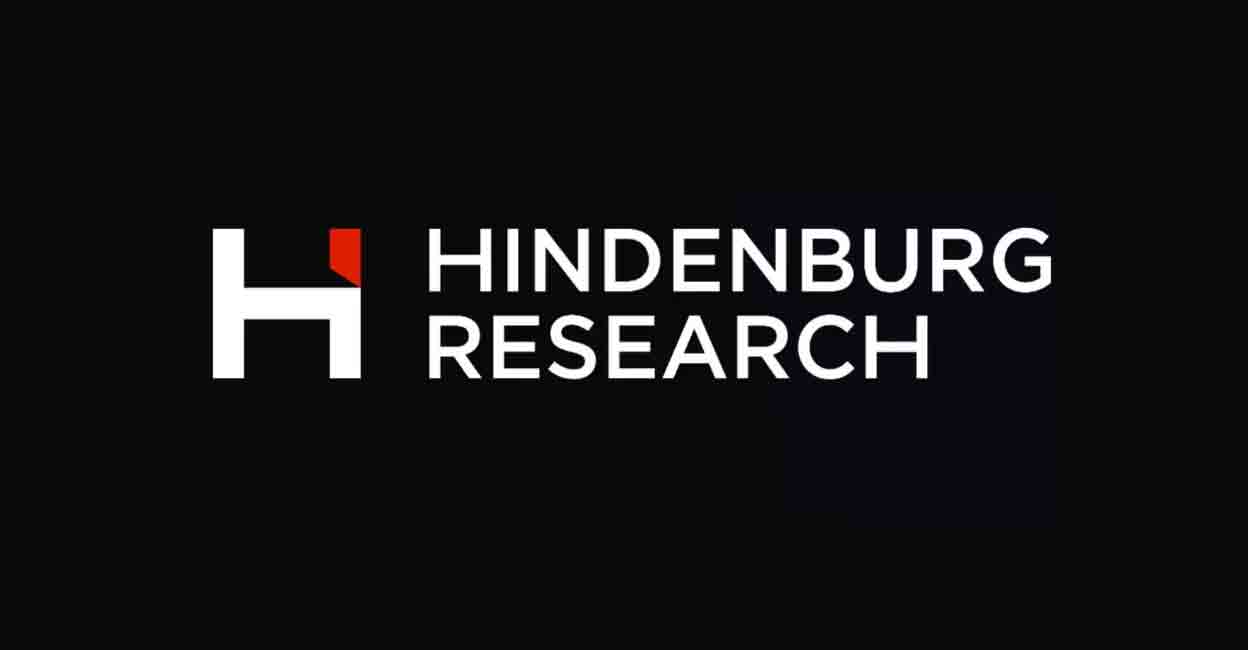In the world of finance and investment, information is power. Investors rely on accurate, reliable, and unbiased research to make informed decisions about where to allocate their capital. However, amidst the sea of financial analysis and market commentary, there exists a controversial figure: Hindenburg Research. While the firm has gained notoriety for its incisive investigative reports, there is a growing awareness of the dark side of Hindenburg’s activities, which raises questions about their motivations and methods.
Hindenburg Research, an independent investment research firm, has made headlines for its scathing reports that often allege corporate malfeasance, fraud, or unethical behavior. These reports, typically released with provocative headlines and detailed evidence, have led to significant stock price declines and regulatory scrutiny for the companies targeted. While Hindenburg portrays itself as a champion of investor protection and market integrity, critics argue that their tactics and motivations are far from altruistic.
One of the primary criticisms leveled against Hindenburg Research is the firm’s perceived lack of transparency and accountability. While they present themselves as unbiased arbiters of truth in the market, there are questions about the independence of their research and the potential conflicts of interest that may exist. Some critics argue that Hindenburg’s reports are driven more by a desire to profit from short-selling positions rather than a genuine commitment to uncovering wrongdoing.
Indeed, the timing of Hindenburg’s reports often coincides with significant short-selling activity in the targeted companies’ stocks, leading to accusations of market manipulation. By releasing damning reports that trigger panic selling among investors, Hindenburg stands to profit handsomely from their short positions as stock prices plummet. While short-selling is a legitimate investment strategy, using misleading or exaggerated research to manipulate markets crosses ethical boundaries and undermines the integrity of the financial system.
Furthermore, there are concerns about the accuracy and veracity of Hindenburg’s research findings. While their reports are often presented as comprehensive investigations backed by thorough due diligence, there have been instances where the firm’s allegations have been called into question. In some cases, targeted companies have vehemently denied Hindenburg’s claims and provided evidence to refute their allegations, casting doubt on the reliability of their research methodology.
Another aspect of the dark side of Hindenburg Research is the potential collateral damage inflicted on innocent parties. When Hindenburg releases a damaging report targeting a company, the fallout can extend beyond shareholders and executives to employees, suppliers, and other stakeholders. The resulting stock price decline can erode shareholder value, jeopardize jobs, and disrupt supply chains, creating ripple effects throughout the economy.
In light of these concerns, there have been calls for greater scrutiny of Hindenburg Research’s activities and accountability for their actions. Regulatory bodies have begun to take a closer look at the firm’s reports and trading activities to determine whether they comply with securities laws and market integrity standards. Additionally, investors are becoming more cautious about relying solely on Hindenburg’s research when making investment decisions, opting for a more balanced and diversified approach to due diligence.
While Hindenburg Research may have brought attention to legitimate issues of corporate misconduct and fraud, the dark side of their activities raises serious ethical and regulatory concerns. As investors and regulators alike seek to maintain trust and confidence in the financial markets, it is imperative to shine a light on the shadows cast by firms like Hindenburg and hold them accountable for their actions. Only then can the integrity and transparency of the market be preserved for the benefit of all stakeholders.





I believe that avoiding processed foods could be the first step to help lose weight. They could taste very good, but packaged foods have got very little nutritional value, making you take more just to have enough strength to get through the day. If you are constantly taking in these foods, transitioning to whole grain products and other complex carbohydrates will aid you to have more power while taking in less. Great blog post.
Right now it appears like Expression Engine is the preferred blogging platform out there right now. (from what I’ve read) Is that what you are using on your blog?
A person essentially lend a hand to make severely posts I would state. This is the first time I frequented your website page and so far? I surprised with the analysis you made to create this particular publish extraordinary. Excellent process!
Excellent post. I used to be checking continuously this weblog and I am inspired! Extremely useful info specially the ultimate part 🙂 I care for such information much. I used to be seeking this certain information for a very long time. Thank you and good luck.
I’ve been absent for a while, but now I remember why I used to love this website. Thanks , I抣l try and check back more often. How frequently you update your site?